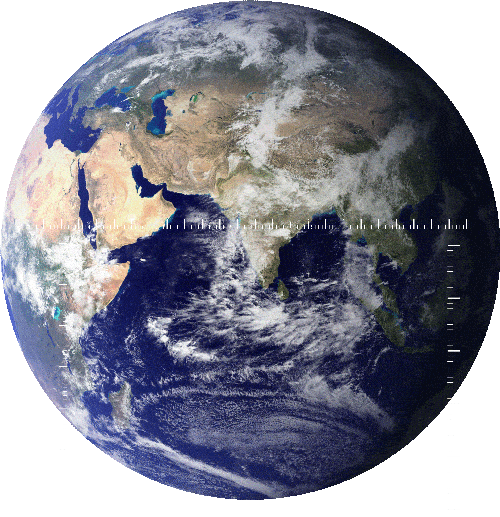Regional highlights
IIASA researchers collaborate with colleagues from member countries and partner institutions around the globe to develop holistic, systems-based solutions and provide policy advice for some of the most pressing problems society face today.


Supporting better air quality management in China
China has issued stringent pollution control policies to improve its poor air quality. Despite initial success, the current measures will be insufficient to compensate the pressure from further economic growth and to bring air quality in compliance with national and international standards.
New scenario design for improved climate policy assessments
Current scenarios used to inform climate policy tend to focus on reaching specific climate goals by 2100 – an approach that may encourage risky pathways with long-term negative effects. A novel scenario framework developed by IIASA researchers could help to return global warming to safer levels in the longer term.
Prospective longevity: A new vision of population aging
A new pathbreaking book by IIASA researchers offers an opportunity to rethink how we define and measure population aging to inform better policies for future societal and economic health.
Connecting energy transitions and societal transformation based on empirical data
The transition from a traditional agrarian to a fossil-fuel-based energy regime has triggered the industrial revolution. It is a long-term transformative process of technological and socioeconomic change which is still ongoing in some parts of the world.
Inclusive, integrated solutions for the Indus Basin
A new integrated modeling framework developed by IIASA researchers and colleagues working on the Integrated Solutions for Water, Energy, and Land (ISWEL) Project, will help decision makers find science-based pathways to address water resources and connected sustainability challenges in the Indus River basin.
Using machine-learning algorithms to empower systems analysis
Machine learning is gaining prominence as a powerful tool that can deliver more precise and efficient models, as well as more accurate and rich results. In 2019, IIASA researchers continued to investigate how various machine-learning algorithms can help create and analyze data, as well as how they can help develop new tools to make modeling more efficient and feasible.
Reducing emissions from maritime transport
Tighter emission controls for maritime shipping in European waters would deliver significant health benefits to citizens in Europe and Northern Africa, and would be more cost-effective than further measures for land-based sources.
Exploring new avenues for managing shared resources
The sustainable use of common resources is one of the major challenges facing humanity. An IIASA study for the first time combined experimental gaming with cultural theory to shed light on the mechanisms that govern human-environment interactions.
Identifying factors that support cooperation
Cooperation is fundamental to the survival of all biological species, including humanity. In two studies published in 2019, IIASA researchers continued to explore how the general framework to study cooperation can be used to understand factors that reinforce corruption and to shed new light on the evolution of cooperation in biological populations.
Investigating trade-offs between energy and equity
Two fundamental goals of humanity are to eradicate poverty and reduce the effects of climate change. In 2019, IIASA researchers explored the relation between energy demand, development, and climate change in a series of publications.
Opportunities and challenges for sustainable development
The IIASA-led The World in 2050 initiative launched its second report in 2019. The publication reviewed recent trends in digitalization and identified opportunities the digital revolution presents for the sustainable development agenda, governance issues, and specific leverage points available for policy.
Citizen science for sustainable development
Monitoring progress on the UN Sustainable Development Goals requires a huge amount of data and citizen science could help fill important data gaps.
Relevance for EU migration and population policy
Many developed countries are facing challenges caused by very low birth rates and an aging population. IIASA researchers provided a systematic, multidimensional demographic analysis of the degree to which the negative economic consequences of population aging can be mitigated by changes in migration, education and labor force participation patterns.
Climate change threatens global breadbaskets
Extreme climatic conditions are responsible for at least 30% of the annual fluctuations in worldwide agricultural yield. An innovative IIASA modelling study showed that extreme temperatures could lead to unusually low harvests if more than one of the world’s breadbaskets are affected at the same time.
Preserving forests is critical to slowing global warming
An international team analyzed decades of experiments to map the potential of forests to increase their biomass and continue to absorb CO2 in the future.
Supporting demand-side transformations to achieve the SDGs
In 2019, IIASA continued its efforts to create a research community network to deepen the theoretical, empirical, and policy applications of demand-side approaches for the Sustainable Development Goals (SDGs).
Feeding and fueling the world without harming the planet
IIASA researchers used the Global Biosphere Management Model to better understand the large-scale transformations needed in agriculture and food systems to reconcile food security and environmental protection.
Science-to-policy insights for fisheries management
Over the years, IIASA research has significantly advanced our understanding of how fishing affects populations and has yielded insights on sustainable fisheries practices. Two recent studies examined the implications of emerging paradigms in fisheries management to safeguard the future of this important food source.
Radical transformation needed for sustainable development
By 2050, we will share our planet with an estimated 9 to 10 billion people. IIASA research formed part of a Global Environment Outlook report that details how societies can meet goals to support a healthy planet and growing population, provided they embrace integrated strategies.
New targets for improved biodiversity
IIASA researchers proposed a set of indicators that can galvanize global conservation efforts and lead to positive biodiversity outcomes.






